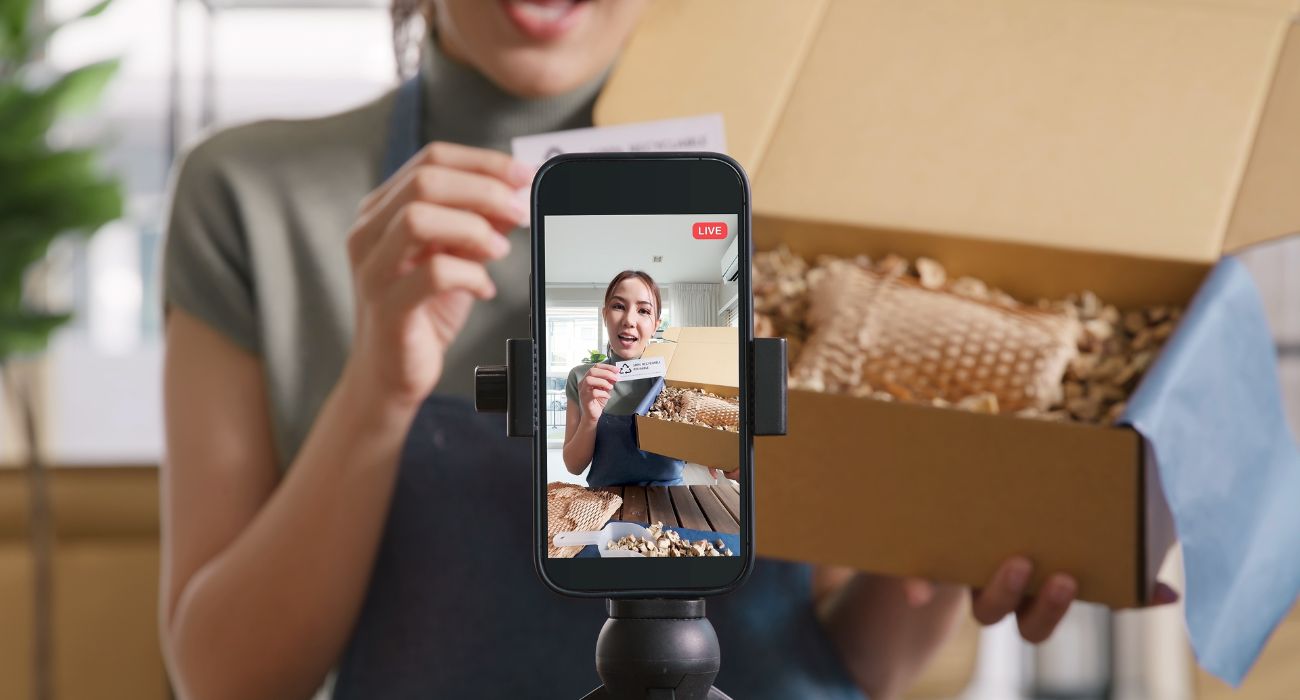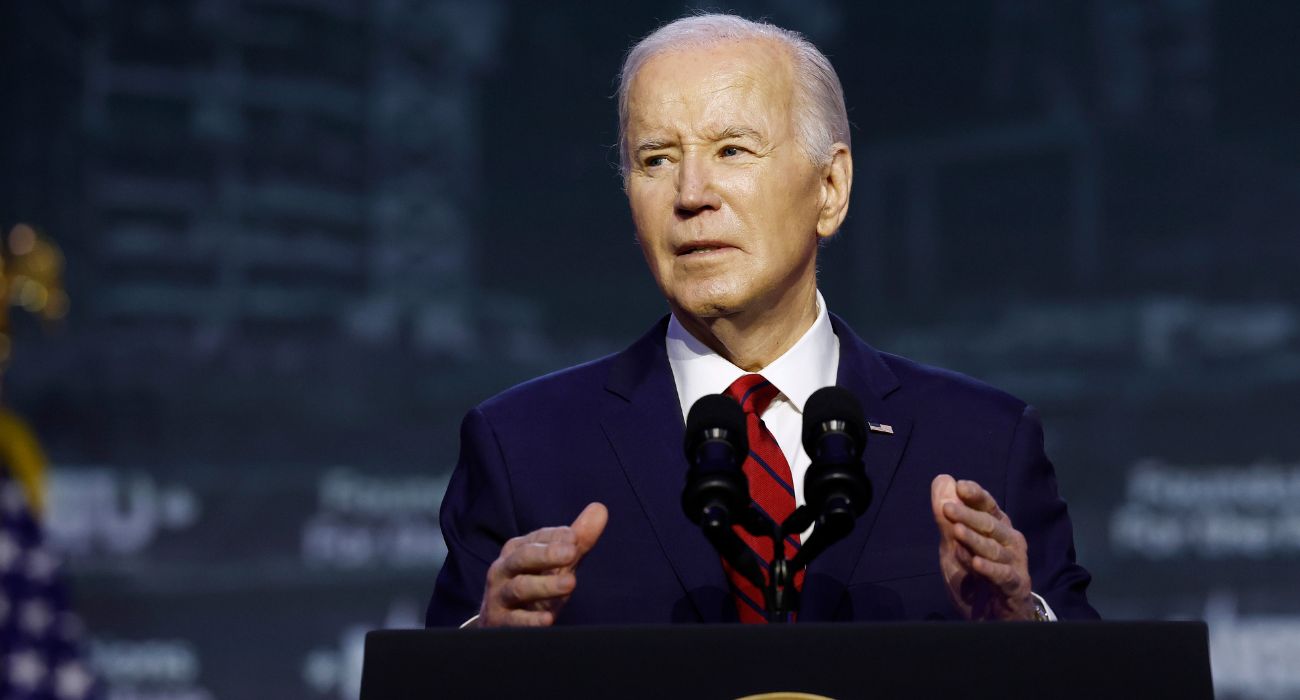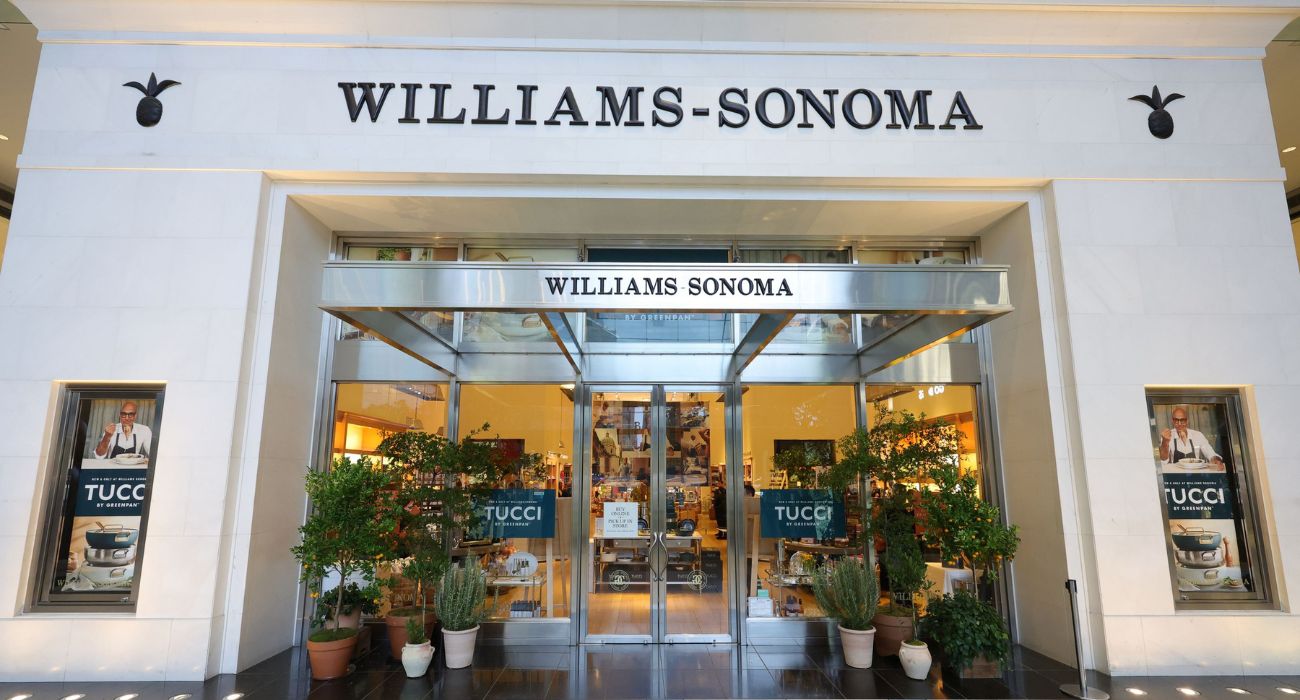As traditional advertising methods seemingly become less effective over time, more brands and companies are turning to online influencers to help shape consumers’ buying.
By tapping into the parasocial relationship between online influencers and their audiences, researchers at Northwestern University and Dallas-based LTK found that brands have a much easier time marketing their products to Gen Z and Millennial consumers, The Dallas Morning News reported.
A previous study by LTK from April determined that creators are nearly four times more influential to Gen Z consumers than social media ads. This is because the majority of this group (Americans born in the late 1990s and early 2000s) appear to believe they can trust their favorite content creators more than social media ads or celebrities.
The report concluded that 75% of Gen Z and 67% of millennials make purchases online and in stores based on the recommendations of content creators.
Many millennials and Gen Z have “negative attitudes” toward traditional advertising and traditional communications through media, according to Frank Muhler, who oversees Northwestern’s retail analytics research center.
“So, this influencer thing kind of cuts through that and resonates with young people,” Muhler said, per the DMN.
Dallas-based TikTok influencer Amanda DeWitt explained, “They feel like they know this person. They see their everyday life, they see their family, their clothes, the products they use, their home, and it makes you trust that,” per the DMN.
In general, “influence marketing” occurs when content creators on YouTube, TikTok, etc., sign deals with brands or advertising companies to promote certain products to their audience. Each time an audience member buys a product using the influencer’s affiliate code/link, that influencer gets a monetary kickback. The larger the audience, typically, the greater the kickback.
Some have expressed concern about the power influencers wield: While their connection with an audience helps promote products, it can also enable influencers and brands to take advantage of viewers’ lack of skepticism.
“Research shows that consumers overwhelmingly trust influencers and their recommendations. This develops because people typically follow influencers over a long period of time and come to feel that an influencer is almost like a friend. This also results in consumers forgetting that influencers are paid to sell the products — whether overtly included or not — that they feature in their content,” Colin Campbell, editor-in-chief of the Journal of Advertising Research, told Forbes.
According to a benchmark report by Influencer Marketing Hub, influencer marketing is expected to reach over $21 billion by the end of 2023.






